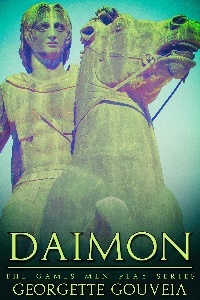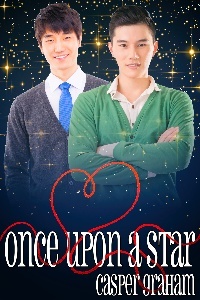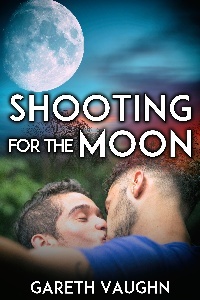He was a romantic and a realist, a lover of strong women and beautiful men. And though he was at one time the richest, most powerful man in the world, his most prized possession was a book -- Homer's The Iliad, annotated by his tutor, Aristotle.
Most of all, he was as much a myth as a man and a mystery ... even to himself.
When Alexander the Great died in Babylon in 323 B.C. a month shy of his 33rd birthday and after conquering and reordering Persia, he left a sprawling empire and a burning question: What drove him?
Before Alexander, culture flowed East to West. After, it would flow West to East, and we are the heirs of the continuing tension between the two.
In this historical novel, Alexander encounters the only two enemies he cannot defeat: death and time. Surrendering to both, he considers a life that attempted to bridge seemingly irreconcilable opposites -- East and West, Persians and Greeks, a brutal father and a ruthless mother, a wily wife and a male soulmate. And above all, a tempered mind and ungovernable passions.

There was, however, one who would never break my heart but would cherish it and lock it away in his own. His name was Hephaestion, son of Amyntor, and though we had met briefly at the palace at Pella when we were eight or nine -- for we were almost exactly the same age -- it was not until his father agreed to let him be tutored with me that I took any note of him.
At first, I thought him shy and prickly. Then one day, when we were drawing, our knees lightly touched as I dropped my stylus, and we both reached for it. He grabbed it first, and handing it back to me, squeezed my hand, gazing at me with those huge blue eyes that could shift from welling to playing in an instant. He grinned his grin then -- all the more charming for its infrequency -- and, looking away, went back to his drawing.
You never know who will be the love of your life. But if you're lucky enough to recognize such love, then you must protect it and fight for it, for it transcends time and place and yes, even death. I knew that we were destined to be together, though never alone or at peace.
I knew, too, that we would become lovers, though my virginal teenage self could scarcely acknowledge it. Somehow, I found it easier to pretend that Hephaestion wasn't holding my hand after a long run, that he hadn't caressed my neck when he fashioned a laurel wreath for my head, that our wrestling didn't produce a predictable reaction.
We had stumbled into an uncharted country. Each of us could've accepted the attentions of one of the many older men who sought us out, to complete our manly education. That was the Greek way, and nary an eyebrow would have been raised.
Instead, we chose to raise each other, which was cause for some concern, no doubt because it went against the grain.
"That's enough playing Patroclus and Achilles," Aristotle would say, placing himself between us.
For some reason, we loved to reenact the scene from a red-figure drinking cup in which a solicitous Achilles bandages Patroclus' injured arm as he looks away, nobly enduring the pain.
Perhaps we somehow knew that we would one day play the scene for real after the Battle of Gaugamela when we were twenty-five years old and all of Persia lay at our feet.
"It has to come out," I said, looking at a shard embedded in his left arm.
"It's nothing," he said testily, "a scratch. Go tend the other wounded."
"They have better physicians to care for them. First I'll see to this."
"It's nothing, I tell you."
"Hephaestion -"
"All right, then, but do it quickly."
I grabbed hold of the piece, making sure I had all of it, and yanked it out.
"Uh, by Zeus, you're no Hippocrates."
"The patient's nothing to brag about either. Hold still now," I said, ignoring his complaints as I applied the sap from some aloe leaves, just as Aristotle had taught me.
"Zeus," he cried, pulling away. "That stings."
"Well, of course, it does. It wouldn't be working if it didn't sting," I countered.
After applying the leaves and pressure, I wrapped the wound in a clean cloth like Achilles of old. Then I did something that I imagined Achilles did immediately after bandaging Patroclus' arm. I drew him close and kissed him tenderly on the forehead.
"My love," I whispered.
For he was my love, my heart, the only one who had never asked anything of me except that I be myself.
Just then a soldier came up to us, and we drew apart. He had the look of a man who had wandered into the amphitheater during the third act of a Sophoclean drama and was eager to know what had transpired.
"King Alexander," he shouted, hitting his chest with his right fist and raising his hand in the air with the palm open in salute.
"General," he added, nodding sharply to Hephaestion. "How's the arm?"
"More to the point," Hephaestion snapped, "how are our supply lines?"
The soldier let out a small sigh, as if he were sorry he had been chosen for this assignment.
"If you're well enough to ride, permit me to show you myself, sir."
And with that Hephaestion was off.




